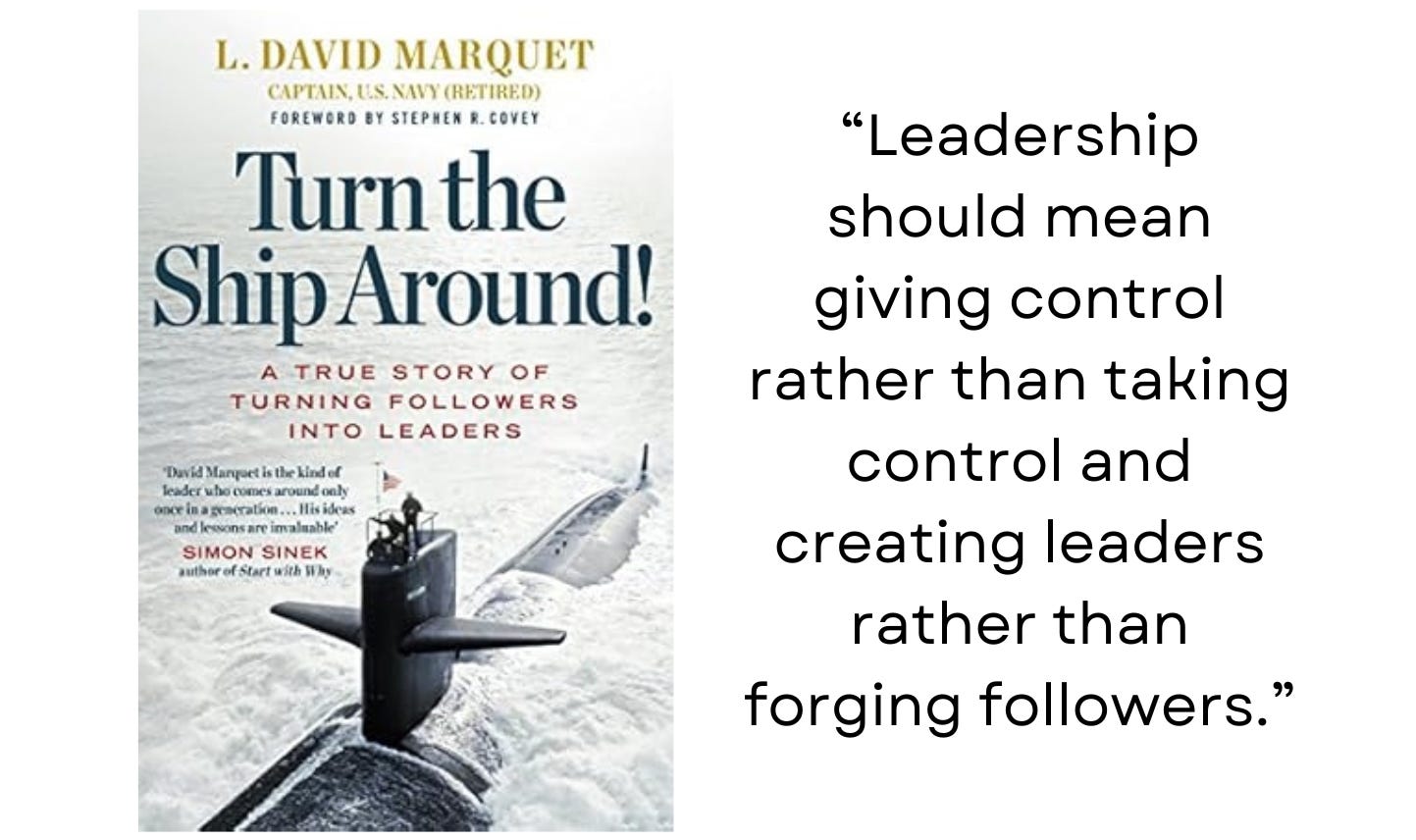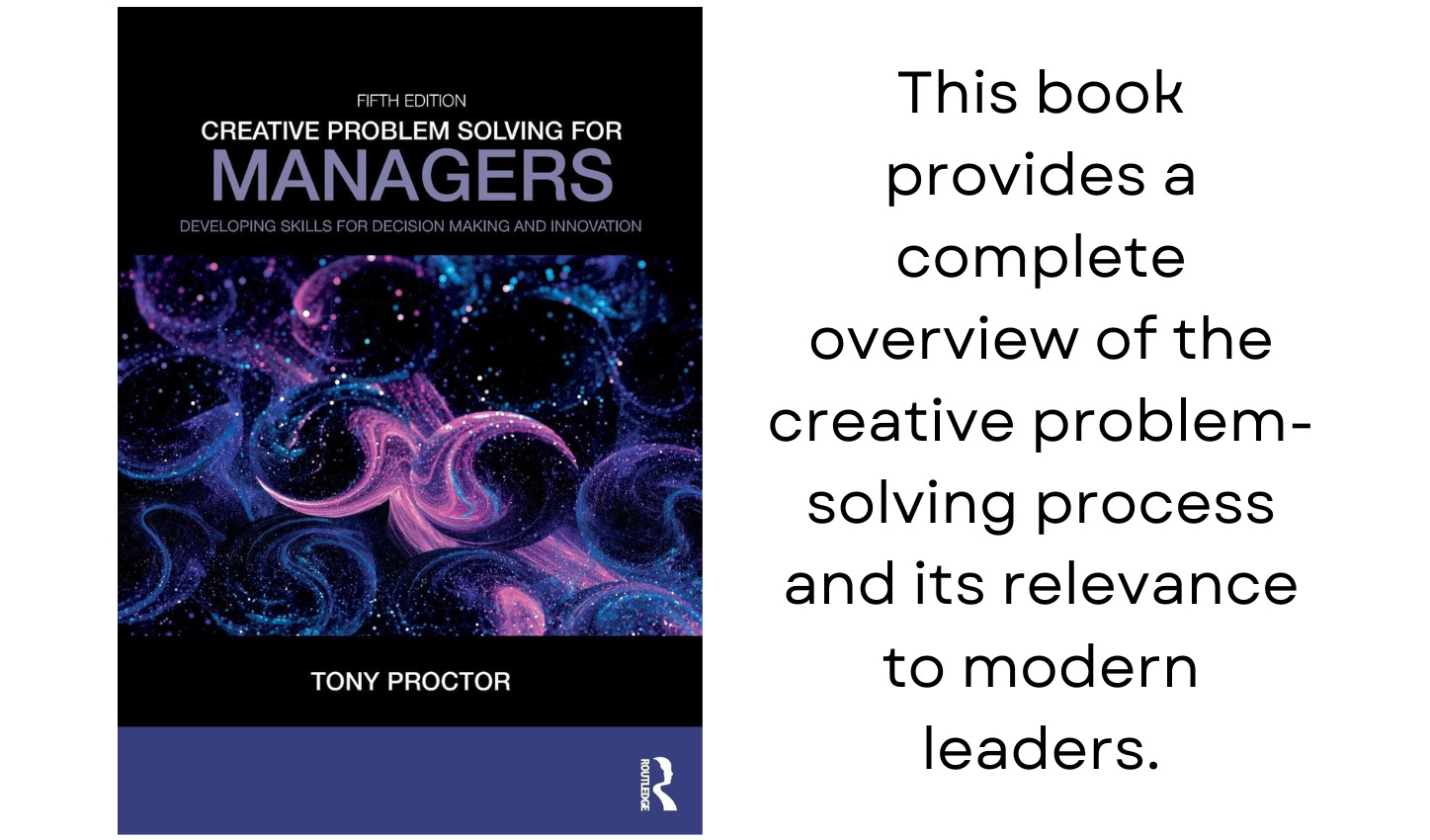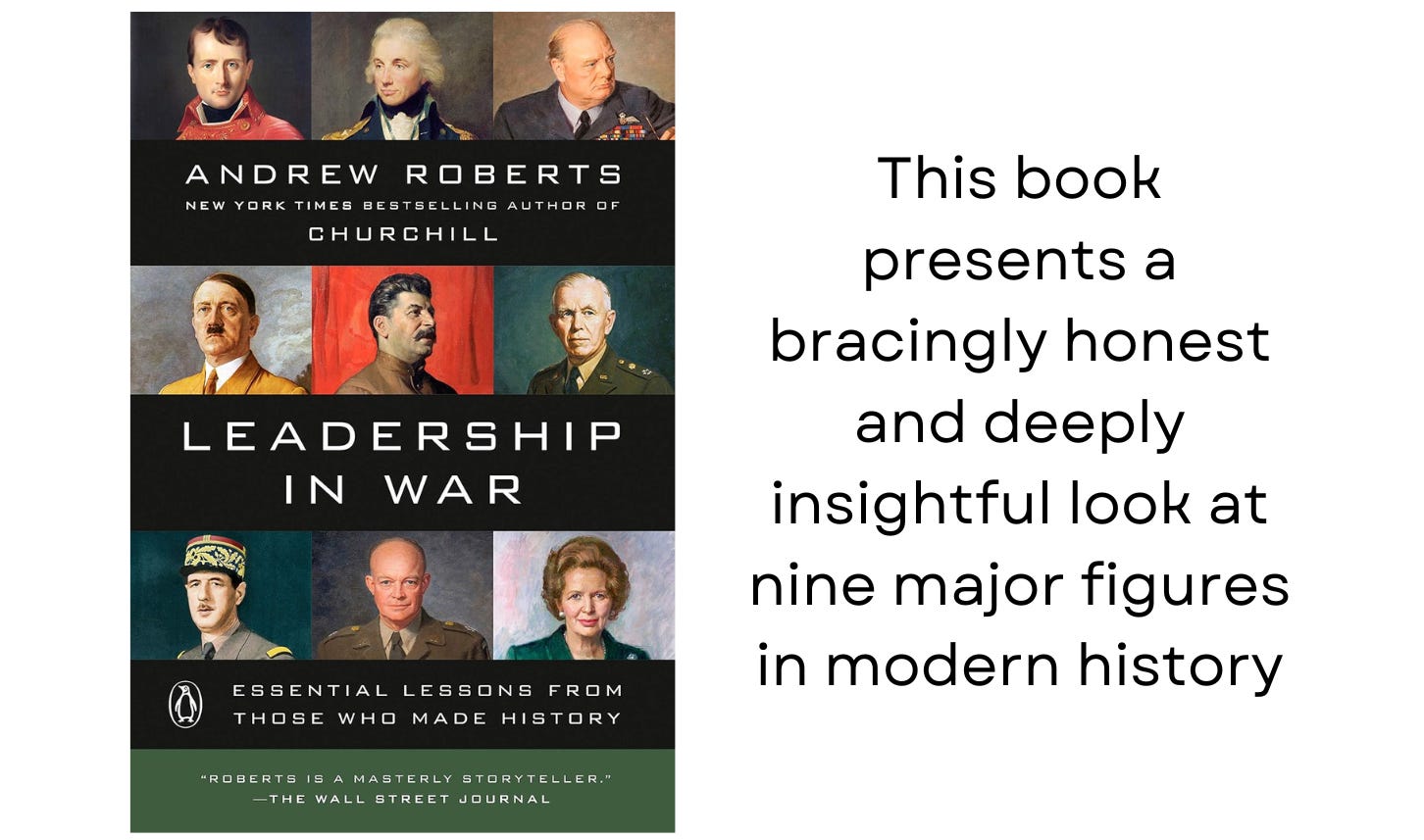9 Books To Become An Exceptional Scrum Master
The books I refer to almost every single day.
Hello 👋, It’s Vibhor. Welcome to the 🔥 paid member only🔥 edition of Winning Strategy: A newsletter focused on enhancing product, process, team, and career performance. Many subscribers expense this newsletter to their Learning & Development budget. Here’s an expense template to send to your manager.
For those who don’t know — I am a book nerd.
If a new book is published on a topic that I deeply care about, I either buy it or spend hours at the bookshop reading it within the first week of its launch.
“It is crazy!”
I know this because my family, friends, and the staff at Indigo, my local bookshop, have told me.
But, this habit — or obsession, as some might call it — has done wonders for me.
It made me exceptional at what I do.
I have this ability to find answers to seemingly complicated problems.
I don’t take the credit for that, though.
The credit goes to my collection of books (1855 books and counting) and a “system” of notes I have curated over many years.
This gives me an unfair advantage in certain things, including when it comes to recommending books.
Spoiler Alert: These are not the everyday “Scrum” or “Agile” books.
No!
Of course, if you want to learn the "mechanics of Scrum," the following are sufficient:
The Scrum Guide
Agile Project Management with Scrum
Essential Scrum
Scrum Mastery
etc.
But!
If the “goal” is to become an "exceptional" problem-solving machine, these traditional resources only scratch the surface.
Why?
Because those who are exceptional need expertise in:
Behavioural psychology
Change management
Conflict resolution
Team dynamics
Systems thinking
Organizational design
etc. etc. etc.
Being a great Scrum Master is not the same as knowing Scrum well.
After almost 2 decades of practicing, teaching, and mentoring Agile Product Leaders, I've identified 100+ books that consistently help me develop the skills necessary to succeed in this space.
Out of these, I will share 9 books with you today.
Let’s get started.
Book #1 — Turn the Ship Around!
As a Scrum Master, you’ve probably seen it happen multiple times: the team hits a roadblock, and suddenly, everyone looks to you or the Product Owner for answers.
This is a classic example of the "leader-follower" model in action.
But there is a problem with this model.
It creates bottlenecks that slow decision-making when speed matters.
David Marquet’s book Turn the Ship Around offers a game-changing solution: push authority to the edges.
In this book, Marquet, a former submarine commander, shares how he transformed a struggling crew into a self-organizing, self-managing team by adopting what he calls the "Leader-Leader" model.
Why should you read this book?
It gives you 3 tools to help create self-organizing teams:
The Control Allocation Matrix: A framework for classifying decisions
The Technical Authority Ladder: A guide to empowering senior developers
The "I Intend To…" Protocol: To transform passive team members into proactive leaders.
For example:
Instead of: "Should I refactor the payment module?"
They say: "I intend to refactor the payment module because it will reduce technical debt and improve processing speed."
The difference?
The first approach seeks permission. The second demonstrates ownership and critical thinking.
If you want to build a self-sustaining, high-performing team, Turn the Ship Around! is your playbook.
Book #2 — Creative Problem Solving For Managers
What do you do when your team faces recurring blockers?
Missed deadlines, workflow inefficiencies, or technical roadblocks can stall progress, and as a Scrum Master, it’s your job to help the team navigate these challenges effectively.
This is where Tony Proctor's book, "Creative Problem Solving for Managers," becomes invaluable.
In this book, Tony introduces a structured model for problem-solving:
Clarify
Ideate
Develop
Implement
It’s an iterative framework for problem-solving that’s particularly useful in complex Agile environments.
He talks about several other techniques like:
The "Five Whys" for Groups
"Brainwriting" for Silent Idea Generation
etc.
This book taught me that sometimes, the best way to solve problems is to “change how we solve problems.”
This book is a whole new way of thinking about impediment resolution.
And trust me, once you start applying these techniques, you'll never look at team problems the same way again.
Book #3 — Leadership in War
This might seem like an unusual choice for Scrum Masters.
I mean, what could military leadership during wartime possibly teach us about leading agile teams?
A lot, actually. More than you might imagine.
This book is a masterclass in “adaptive leadership” through the lens of some of history's most crucial moments.
Let me explain why this book is pure gold for Scrum Masters...
It talks about the strategies used by Churchill and Eisenhower during war times.




